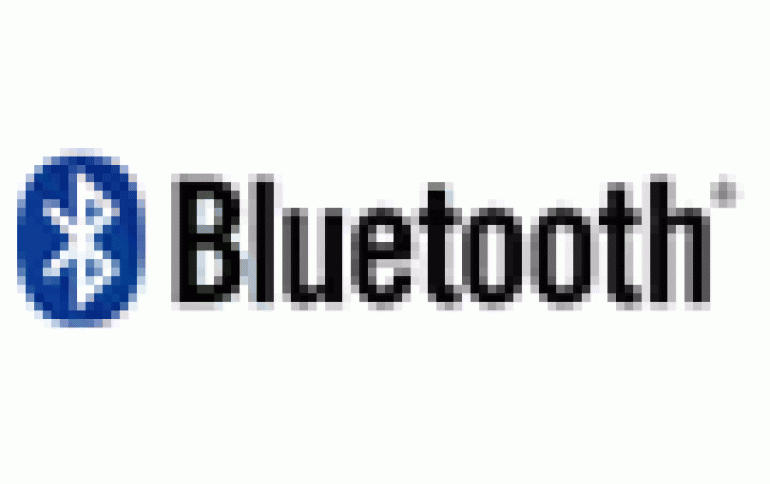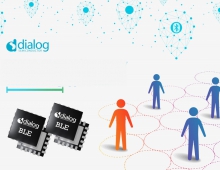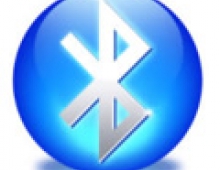
Bluetooth Specialist CSR Heads in GPS Direction
British microchip designer CSR said on Monday it would make an all-in-one GPS (global positioning system) and Bluetooth chip for mobile gadgets after it bought up two GPS specialists.
Bluetooth expert CSR said it would make the single chips after acquiring Swedish firm
NordNav for $40 million and Cambridge Positioning Systems for $35 million.
It will pay a further $35 million if NordNav hits agreed targets.
Chief executive John Scarisbrick told reporters the super-sensitive technology would be far more effective than traditional GPS and could be used indoors.
The chips would also drain less power and be cheaper for handset makers than having two separate chips in their devices.
The benefit comes from loading software for the two technologies onto a separate chip and making the one processor do all the work.
It is also likely to open up new a host of new uses for phones and mobile gadgets such as allowing worried parents to track children and giving emergency services a way of locating casualties.
Scarisbrick said its combined GPS and Bluetooth chip would cost manufacturers an extra $1 per chip as opposed to around $5-$10 for putting in a current standalone GPS chip.
He said mobile handset makers had already expressed interest.
CSR said both deals would be paid for using existing cash and expects to launch its first GPS products during the first half of the year and make money on them from 2008.
It will pay a further $35 million if NordNav hits agreed targets.
Chief executive John Scarisbrick told reporters the super-sensitive technology would be far more effective than traditional GPS and could be used indoors.
The chips would also drain less power and be cheaper for handset makers than having two separate chips in their devices.
The benefit comes from loading software for the two technologies onto a separate chip and making the one processor do all the work.
It is also likely to open up new a host of new uses for phones and mobile gadgets such as allowing worried parents to track children and giving emergency services a way of locating casualties.
Scarisbrick said its combined GPS and Bluetooth chip would cost manufacturers an extra $1 per chip as opposed to around $5-$10 for putting in a current standalone GPS chip.
He said mobile handset makers had already expressed interest.
CSR said both deals would be paid for using existing cash and expects to launch its first GPS products during the first half of the year and make money on them from 2008.




















